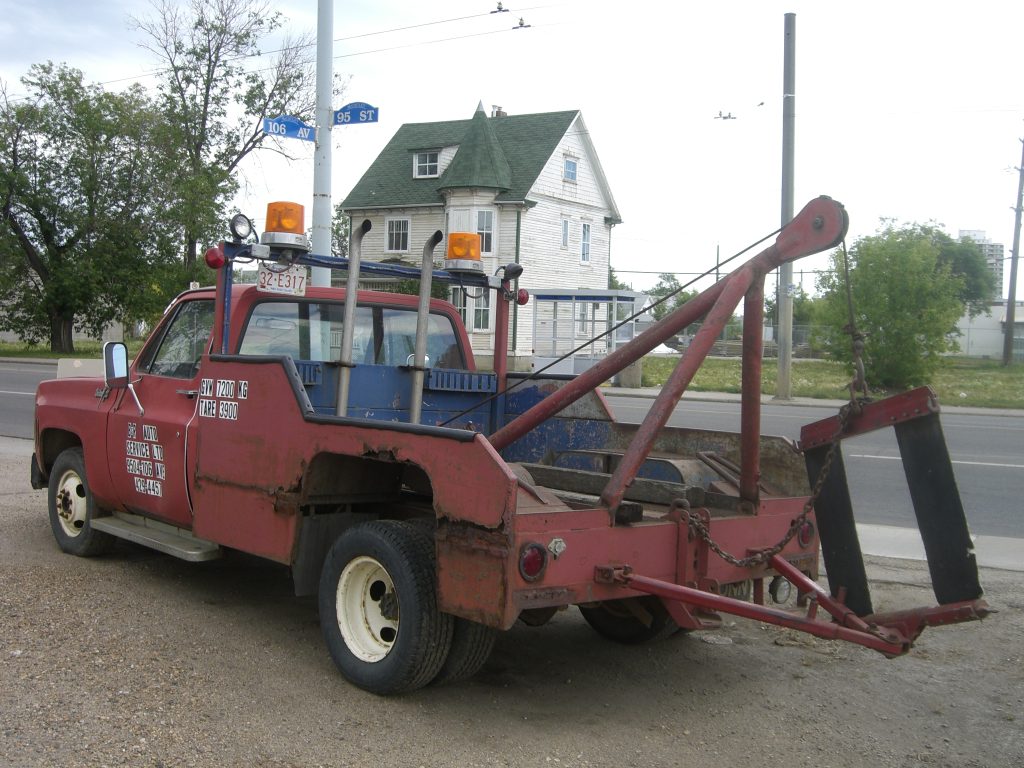 Personal injury cases can lead to placing the blame on a party so the injured person can receive compensation for her injuries. But what happens after a traffic miscommunication if both sides blame the other for the wreck? Further, what if their insurance companies are unwilling to take all the blame and pay for the accident? The only way to solve this dilemma is through a trial which can help apportion the fault of each side after weighing the evidence. The following case out of Marksville, Louisiana, shows how fault should be apportioned in a personal injury car accident.
Personal injury cases can lead to placing the blame on a party so the injured person can receive compensation for her injuries. But what happens after a traffic miscommunication if both sides blame the other for the wreck? Further, what if their insurance companies are unwilling to take all the blame and pay for the accident? The only way to solve this dilemma is through a trial which can help apportion the fault of each side after weighing the evidence. The following case out of Marksville, Louisiana, shows how fault should be apportioned in a personal injury car accident.
David Sampson was driving down the highway with a passenger, Mario Jacobs, with a second truck attached by a tow rope. The towed truck was being operated by Sandalon Jacobs. Florence Decuir was traveling toward an intersection with the highway where Sampson was driving. Believing she saw Sampson’s turn signal, Decuir turned onto the highway to make more space for the trucks. Allegedly, Decuir did not stop at the stop sign, so Sampson had to hit his brakes, causing the towed truck to rear-end the truck he was driving. Decuir denied seeing the accident.
Sandalon and Jacobs filed a lawsuit alleging personal injury due to the accident and named several defendants. However, by the time the bench trial came around, State Farm was the only defendant remaining. The trial court apportioned 95% of the fault to Decuir and only 5% to Sampson. The trial court determined Sandalon and Jacobs suffered from soft tissue injuries. Sandalon was awarded $46,500.00 in general damages and $5,397.81 in past medical expenses. Jacobs was awarded $35,200 in general damages and $7,377.73 in past medical expenses. State Farm appealed the trial court decision.
 Louisiana Personal Injury Lawyer Blog
Louisiana Personal Injury Lawyer Blog


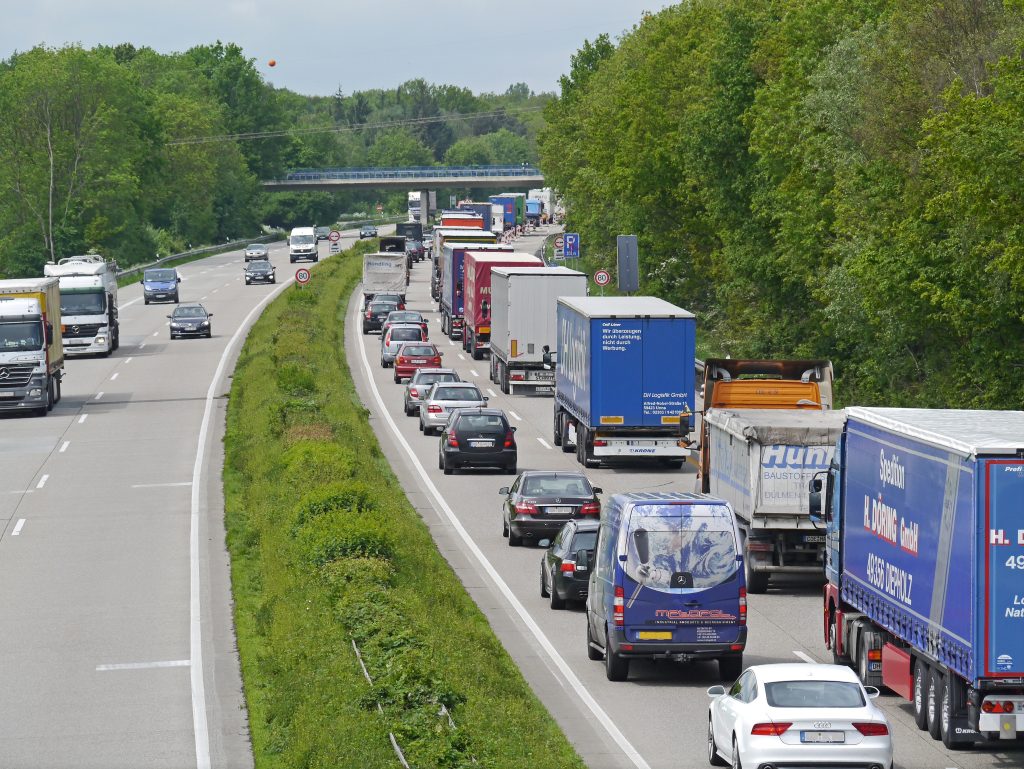 As the weather gets nicer across the country, millions will travel to destinations near or far. Unfortunately, with this increase in traffic, accidents will occur due to the negligence of drivers. But what happens when the roadway’s integrity and safety come into question? Can the state be held liable for a highway’s defects? – The following lawsuit out of Morgan City, Louisiana, helps answer that question.
As the weather gets nicer across the country, millions will travel to destinations near or far. Unfortunately, with this increase in traffic, accidents will occur due to the negligence of drivers. But what happens when the roadway’s integrity and safety come into question? Can the state be held liable for a highway’s defects? – The following lawsuit out of Morgan City, Louisiana, helps answer that question.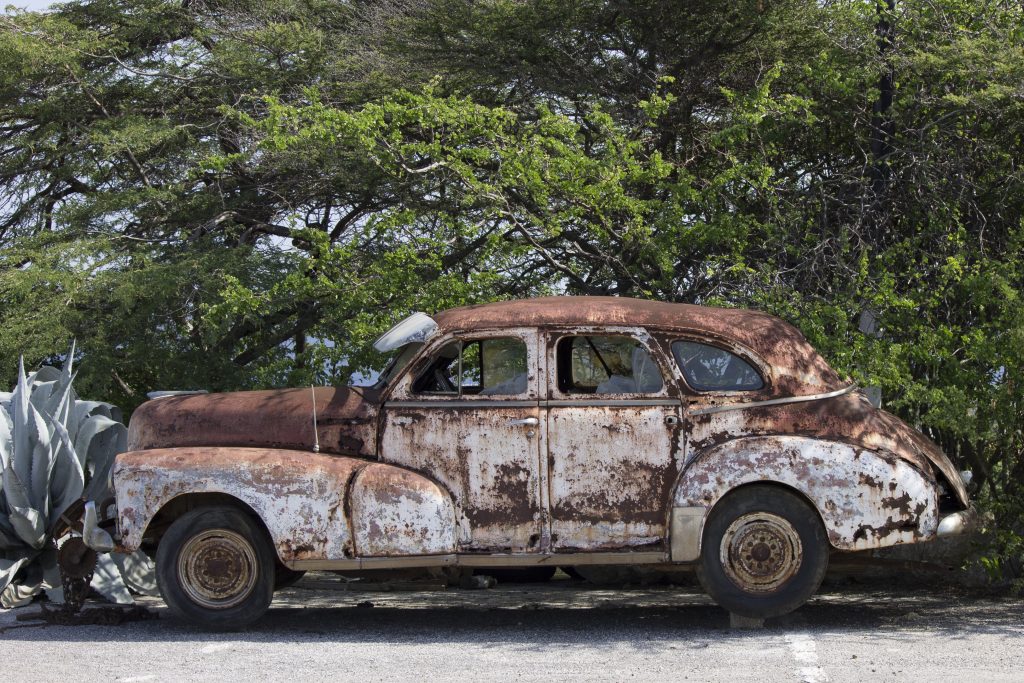 Driving while on the job can be a common occurrence for many employees. Sometimes you may even use your personal vehicle on a workplace errand. If so, beware; Accidents happen, and your employer’s insurance may not cover you.
Driving while on the job can be a common occurrence for many employees. Sometimes you may even use your personal vehicle on a workplace errand. If so, beware; Accidents happen, and your employer’s insurance may not cover you. 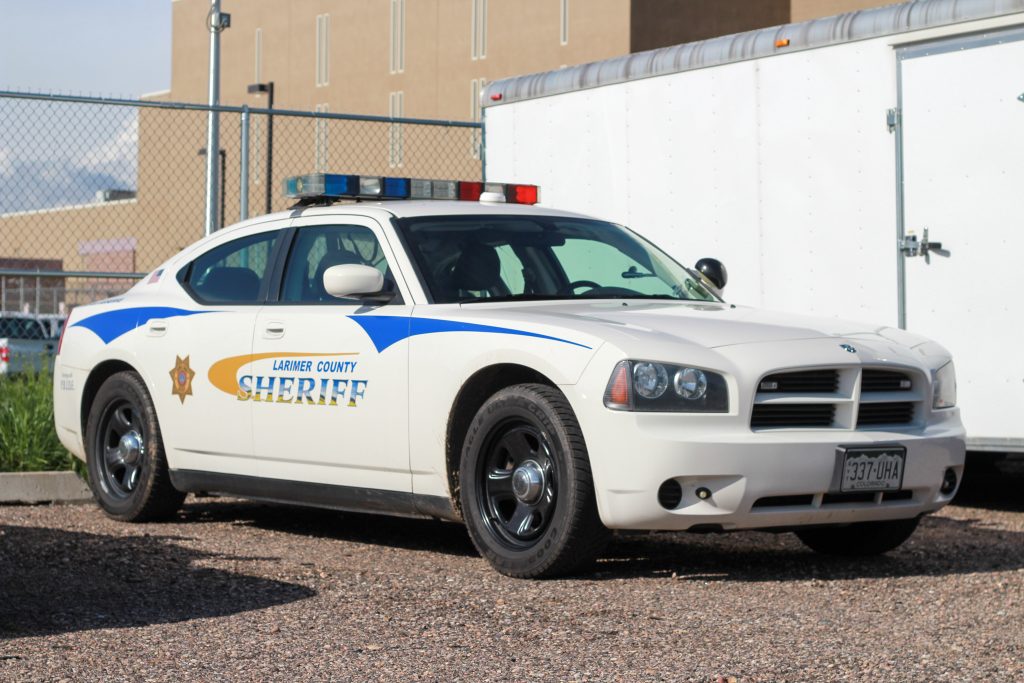 This scenario is not hard to imagine: you are driving along the road, and you get into an accident; however, the other vehicle is not just a regular car owned by a private citizen, but it is a dump truck owned by the local government. When suing a local governmental entity such as a sanitation department or police station, the injured party may face obstacles in naming precise owners of public vehicles or following procedural rules. A recent case out of St. Charles Parish demonstrates what kinds of procedural obstacles a plaintiff may face. It also helps answer the question; what happens if I name the wrong defendant in a lawsuit? Is my case over?
This scenario is not hard to imagine: you are driving along the road, and you get into an accident; however, the other vehicle is not just a regular car owned by a private citizen, but it is a dump truck owned by the local government. When suing a local governmental entity such as a sanitation department or police station, the injured party may face obstacles in naming precise owners of public vehicles or following procedural rules. A recent case out of St. Charles Parish demonstrates what kinds of procedural obstacles a plaintiff may face. It also helps answer the question; what happens if I name the wrong defendant in a lawsuit? Is my case over? Have you ever been involved in a car accident that potentially involved two states and wondered which state’s laws would govern your personal injury lawsuit? Say, you have an insurance policy issued in Texas, and you get into a car wreck in Louisiana. Which state’s laws will apply if you file a lawsuit related to the accident? The following case shows how Louisiana Courts use a choice of law analysis to determine what state laws should apply in these situations.
Have you ever been involved in a car accident that potentially involved two states and wondered which state’s laws would govern your personal injury lawsuit? Say, you have an insurance policy issued in Texas, and you get into a car wreck in Louisiana. Which state’s laws will apply if you file a lawsuit related to the accident? The following case shows how Louisiana Courts use a choice of law analysis to determine what state laws should apply in these situations. 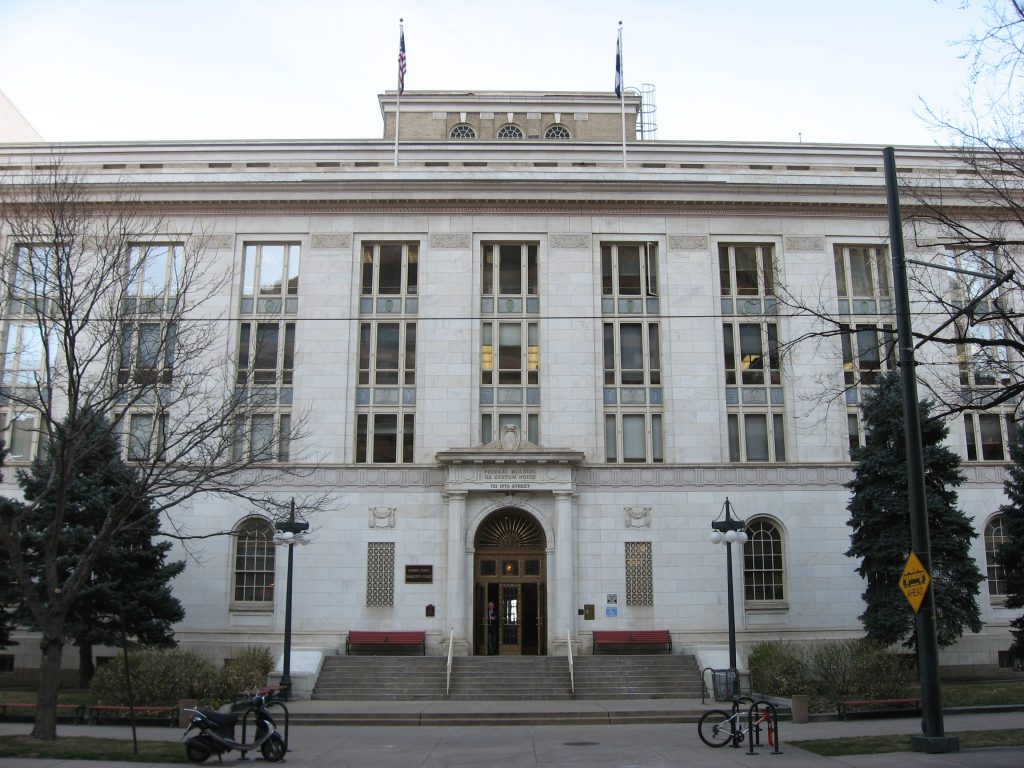 Filing for bankruptcy can be an overwhelming experience.
Filing for bankruptcy can be an overwhelming experience. Calculating appropriate damages for a plaintiff who experiences ongoing injuries from a vehicle accident is complex. Jury awards generally are left undisturbed by appellate courts. The following lawsuit shows how the appeals process can alter a jury’s award for mental and physical pain and suffering.
Calculating appropriate damages for a plaintiff who experiences ongoing injuries from a vehicle accident is complex. Jury awards generally are left undisturbed by appellate courts. The following lawsuit shows how the appeals process can alter a jury’s award for mental and physical pain and suffering. 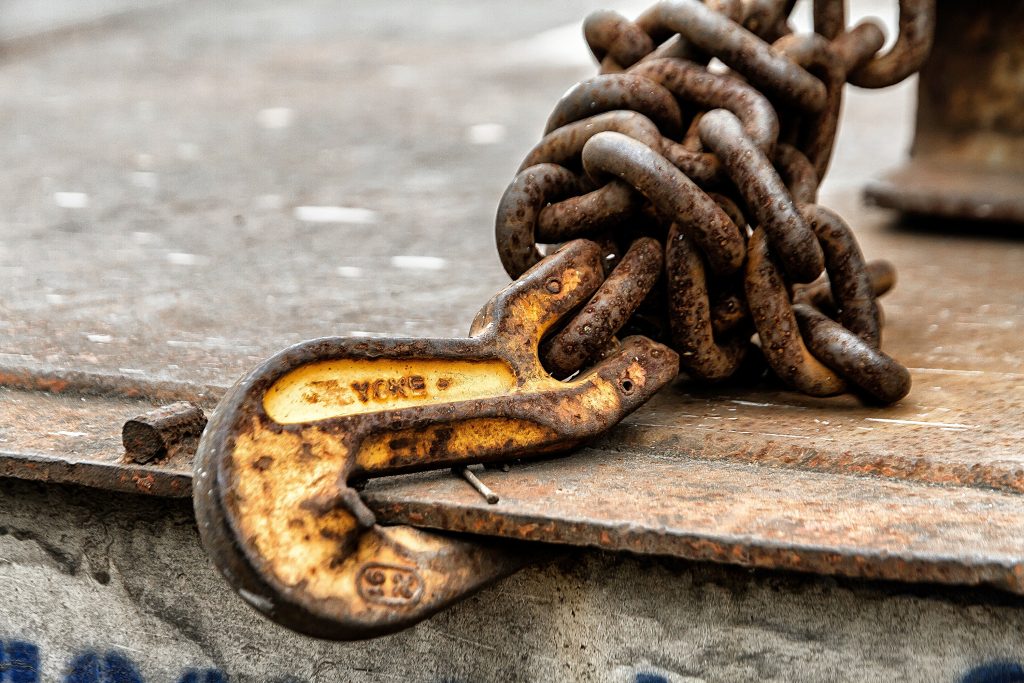 If you are involved in a lawsuit, you probably have a lot of things on your mind. However, you must pay attention to the required deadlines and time to respond to documents from the other side, including requests for admission. If you do not respond on time, you might be deemed to have admitted to facts that are helpful to the other side. That could cause significant implications for your lawsuit. The following Louisiana lawsuit shows the deadline to answer and the effect of admission requests.
If you are involved in a lawsuit, you probably have a lot of things on your mind. However, you must pay attention to the required deadlines and time to respond to documents from the other side, including requests for admission. If you do not respond on time, you might be deemed to have admitted to facts that are helpful to the other side. That could cause significant implications for your lawsuit. The following Louisiana lawsuit shows the deadline to answer and the effect of admission requests. What happens if you win a lawsuit but the other side moves to reduce the amount of money you were awarded? This is the situation Marcus Berry found himself in after he was awarded over a million dollars in damages due to injuries he suffered in a car accident.
What happens if you win a lawsuit but the other side moves to reduce the amount of money you were awarded? This is the situation Marcus Berry found himself in after he was awarded over a million dollars in damages due to injuries he suffered in a car accident.  Auto insurance can be beneficial when you are in a car accident. However, it isn’t uncommon to have specific provisions in your insurance policy that can limit your coverage. A recent case out of Kenner, Louisiana, interpreted whether certain caveats in an insurance policy can limit a client’s uninsured motorist coverage (UM/UIM).
Auto insurance can be beneficial when you are in a car accident. However, it isn’t uncommon to have specific provisions in your insurance policy that can limit your coverage. A recent case out of Kenner, Louisiana, interpreted whether certain caveats in an insurance policy can limit a client’s uninsured motorist coverage (UM/UIM).